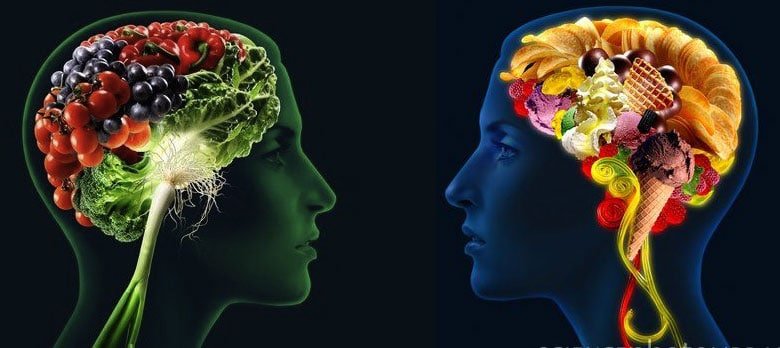Nutrition and Mental Health

“You are what you eat” applies not just to physical health but also mental well-being. The foods you consume directly influence your brain, mood, and energy levels. A balanced diet can improve focus, reduce anxiety, and support long-term mental health.
How Nutrition Impacts Mental Health
-
Omega-3 Fatty Acids (Fish, Walnuts, Flaxseeds): Boost brain function and reduce depression.
-
Antioxidants (Berries, Dark Chocolate, Green Tea): Protect the brain from stress and aging.
-
Complex Carbohydrates (Whole grains, Oats, Beans): Regulate blood sugar and stabilize mood.
-
Vitamins & Minerals (Leafy greens, Nuts, Seeds): Support neurotransmitter production for better emotional balance.
-
Hydration (Water & Herbal Teas): Prevents fatigue, headaches, and mood swings.
Tips for a Brain-Boosting Diet
-
Eat a variety of whole foods.
-
Limit processed sugars and junk food.
-
Include more colorful fruits and vegetables daily.
-
Stay hydrated throughout the day.
FAQs
Q: Can food really improve mental health?
Yes. Research shows a direct link between diet and mood regulation.
Q: What foods should I avoid?
Highly processed foods, refined sugar, and excessive caffeine can negatively impact mood and energy.
Q: Is supplementation necessary?
If your diet lacks certain nutrients, supplements may help—but whole foods are always the best option.
Key Takeaway: Nutrition plays a critical role in mental well-being. A balanced, nutrient-rich diet supports a healthier mind and a more positive outlook.







